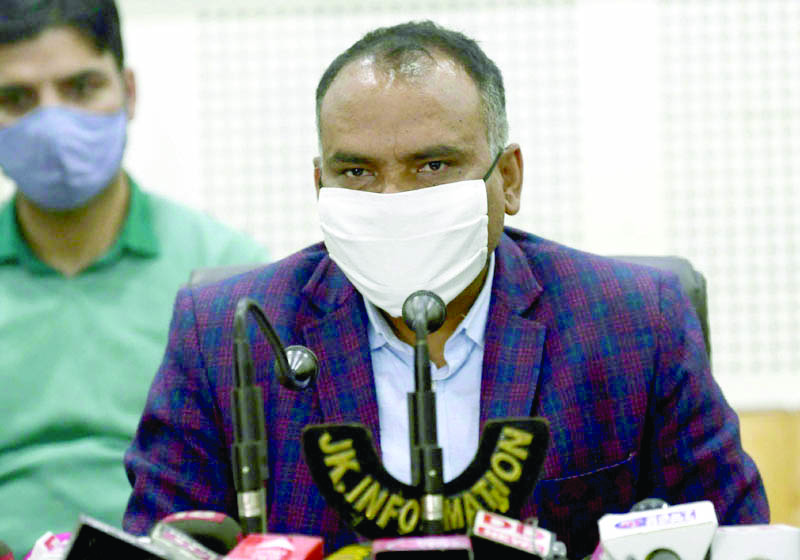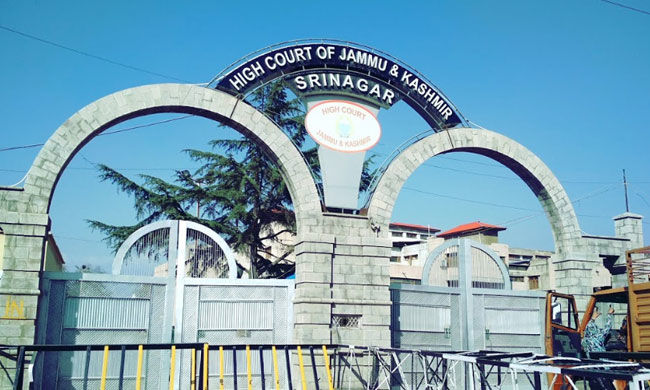Pulwama, Jan21: Mining of minerals and runoff of various pesticides are taking a heavy toll on different species of fingerlings (Guran) in Romeshi stream, a vital tributary of Jhelum flowing through Pulwama.
Residents informed Rising Kashmir that discharge of pesticides and extraction of boulders and sand from Romeshi pose a threat to many fingerling species.
Parvaiz Ahmad, a resident of Wahibugh, a village around 5 kilometres from district headquarter in Pulwama, said that it was a common practice in his village to catch fingerlings from shallow waters of Romeshi during winters.
He said that different varieties of fingerlings were found in Romeshi in abundance and villagers in droves used to catch them during winters.
“A mix of reddish and fingerlings would make a delicious winter dish relished by most villagers,” he said, adding that digging of boulders, gravel and sand from Romeshi has taken a heavy toll on the population of fingerling species.
“The numbers have significantly dwindled,” he said.
Imtiyaz Ahmad, another resident told that breeding and feeding grounds of fishes have been destroyed by use of heavy machinery by miners.
“The finger population has nearly vanished from the stretch of Romeshi which is being been subjected to mining,” he said, adding that not only fish but other aquatic life forms have been impacted.
He said fingerling species like Ram Gurun (Botia birdi), Aar Gurun (Triplophysa Kashmirensis) and Unyor Gurun (Glyptothorax Kashmirensis) were found in the stream.
He said that they used to eat them after frying on kangri’s, an earthen port used for heating in winters in Kashmir.
“Catching fingerling was a loved pastime hobby for many youth in the village,” he said.
Assistant Director Fisheries Pulwama, Manzoor Ahmad Samoon, said that mining has impacted fish population in different streams of the district.
“ Pollution of streams by way of discharge of sewage, agriculture pesticides and dumping of garbage has also affected the fish,” he said, adding that they have adopted a number of culture practices to conserve the fish.
He added that they also replenish the streams by seedlings to conserve the fish.
He said the department provides NOC to miners on certain conditions.
“Unfortunately, the conditions are violated,” he said.
He said that their focus is upper stretches where mining is not occurring.
“We have a buffer stock available in the upper reaches,” he said.
Mining, pesticide runoff takes toll on fingerling species from Romeshi rivulet

Leave a Comment
Leave a Comment







